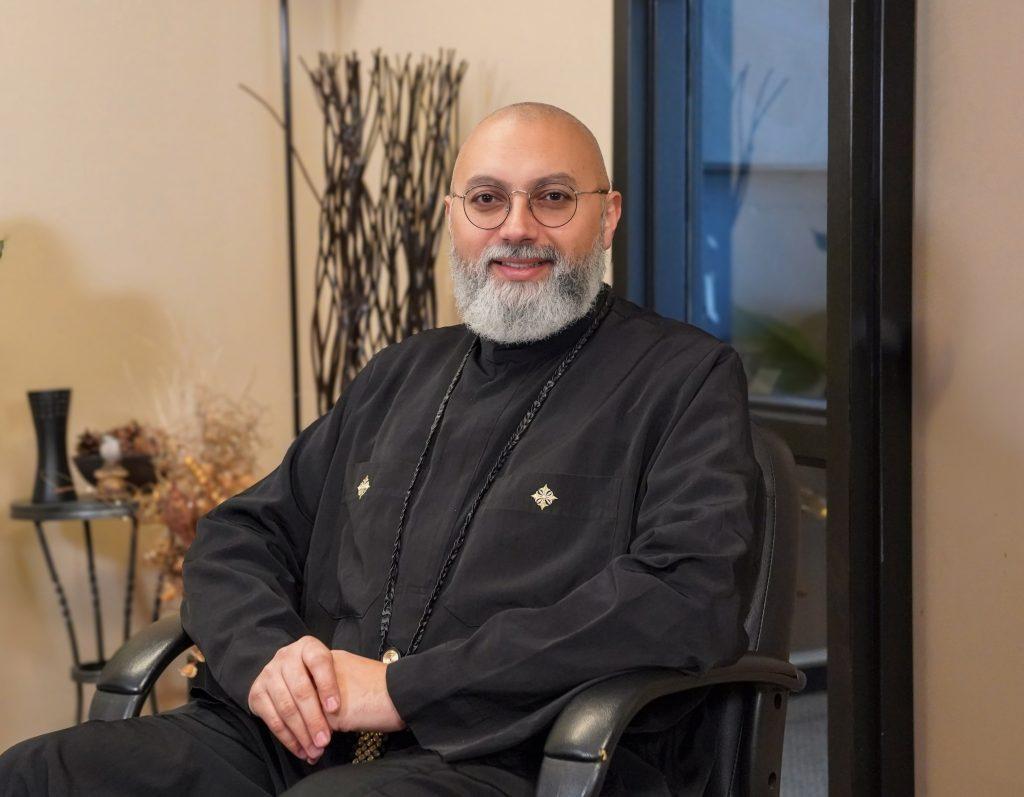Key Points:
- Nearly half of counselling trainees experience burnout before graduation.
- Self-care is an ethical and professional responsibility, not a luxury.
- Early self-care training prevents future impairment and supports client care.
- Supervisors and institutions must model and prioritize wellness.
- Strategies like reflective practice and boundary setting build resilience from the start.
In the fast-paced and emotionally demanding world of mental health care, self-care is not a luxury—it’s a necessity. Counsellors-in-training (CITs), who stand at the threshold of a lifelong vocation in service of others, are particularly vulnerable to burnout, compassion fatigue, and vicarious trauma if they neglect this vital practice.
Despite growing recognition of self-care’s importance, many training programs continue to treat it as an optional add-on rather than a core competency. This first article in our five-part series explores why early, structured, and integrated self-care training must become the new standard in mental health education and practicum supervision.
The Stark Reality: The Cost of Neglecting Self-Care
Research reveals a sobering reality: nearly 49% of clinical trainees report experiencing burnout during their training years (Kaeding et al., 2017). Burnout isn’t merely an inconvenience—it’s a threat to the therapeutic process, undermining the counsellor’s well-being and the effectiveness of client care. As therapists strive to help clients achieve wellness, they often sacrifice their own mental, emotional, and physical health (Brown, 2022; Guler & Ceyhan, 2021).
When trainees neglect self-care:
- The quality-of-life plummets (Posluns & Gall, 2020).
- Therapeutic effectiveness declines (Bearse et al., 2013).
- Professional impairment increases, posing risks to client safety (Johnson et al., 2018).
This paints a clear picture: neglecting self-care is not just personal negligence—it breaches ethical obligations to clients and oneself.
The Ethical Imperative: Self-Care as a Professional Duty
Both the Canadian Code of Ethics for Psychologists (CPA, 2017) and the Canadian Counselling and Psychotherapy Association (CCPA, 2020) mandate that therapists must maintain optimum capacity through regular self-care. Supervisors, too, are ethically bound to promote and model self-care for supervisees.
The American Psychological Association (ACA) reinforces this standard, emphasizing that psychologists must be vigilant about personal problems that could interfere with professional performance (APA, 2017). Failure to integrate self-care into training violates these foundational principles.
Simply put: Self-care is a professional responsibility, not a personal preference.
Why Early Intervention Matters
Early-career counsellors are uniquely vulnerable. They often face:
- Academic pressure
- Clinical expectations
- Personal insecurities
- Role ambiguity
Without structured self-care support, these demands can quickly become overwhelming (Dorociak et al., 2017).
Introducing self-care training early helps CITs:
- Develop emotional regulation skills
- Build resilience
- Normalize seeking support
- Prevent crises before they start
Studies show that when self-care is embedded in early training—through mindfulness exercises, structured wellness curricula, and reflective practice—trainees report better stress management, higher self-awareness, and increased life satisfaction (Daly & Gardner, 2022; Choi & Hyun, 2023).
Early intervention is not a suggestion; it’s a safeguard.
Barriers to Self-Care: Why Good Intentions Aren’t Enough
Despite knowing its importance, CITs face formidable barriers to practicing self-care:
- Time Constraints: Practicum days can feel like “non-stop work” (David & Achempim-ansong, 2021).
- Emotional Guilt: Trainees often feel guilty prioritizing themselves over client needs.
- Overcommitment: Juggling academic, clinical, and personal demands leaves little room for wellness activities.
- Lack of Institutional Support: While programs talk about self-care, they rarely create the space or model it (David & Achempim-ansong, 2021).
- Societal Stigma: Self-care may be misperceived as selfishness or weakness (Mills et al., 2018).
Good intentions cannot overcome systemic barriers alone. Supervision and program design must be intentional in dismantling these obstacles.
Facilitators: Creating a Culture of Wellness
While barriers are real, facilitators can make a transformative difference:
- Supportive Educational Environments: Supervisors and faculty who model self-care provide implicit permission for trainees to do the same.
- Peer Support: Learning alongside others who value self-care normalizes the practice.
- Structured Training: Courses that teach mindfulness, emotional regulation, and boundary setting equip trainees with lifelong skills (Vincenzes et al., 2018).
- Personalized Self-Care Plans: Helping trainees design individualized self-care strategies increases ownership and commitment.
Programs that integrate these facilitators into practicum supervision are building resilient, ethical practitioners—not just technically competent ones.
Strategies for Sustainable Self-Care Integration
How can training programs move from theory to action?
- Curriculum Integration: Embed self-care as a course component, not just a workshop.
- Supervisory Modeling: Supervisors must walk the talk by sharing their self-care practices and respecting boundaries.
- Institutional Support: Schools and agencies must create policies and cultures that promote and protect self-care.
- Reflective Practices: Regular journaling, mindfulness, and discussion groups foster ongoing self-awareness and emotional processing.
- Mentorship: Pair trainees with mentors who emphasize holistic professional development.
Without deliberate strategies, self-care risks remaining a buzzword rather than becoming a professional norm.
A New Vision for Training Programs
Imagine a practicum site where:
- Supervision meetings begin with a “self-care check-in.”
- Trainees are praised for maintaining healthy boundaries.
- Course syllabi include assignments on creating and revising self-care plans.
- Self-care practices are as evaluated as clinical skills.
This is not utopia. This should be standard practice.
The future of the counselling profession hinges on embedding self-care into the DNA of training. Trainees deserve preparation not just for client care—but for self-sustaining, resilient professional lives.
As supervisors, educators, and training directors, the responsibility falls to us.
Not later. Now!
About the Author
Father Pishoy Wafsy
Rev. Fr. Dr. Pishoy Wasfy, PhD, MDiv, RP, is an ordained Coptic Orthodox priest serving in Mississauga, Ontario, and a Registered Psychotherapist with over 14 years of counselling experience. He holds a Ph.D. in Christian Counselling, a Master of Divinity in Clinical Counselling, and a Bachelor of Science in Pharmacy from the University of Toronto. Fr. Pishoy integrates clinical expertise with spiritual care, supporting individuals, couples, and families through his work at Cornerstone Family Counselling Services and broader community initiatives.

References:
American Psychological Association. (2017). Ethical principles of psychologists and code of
conduct. https://www.apa.org/ethics/code/
Bearse, J. L., McMinn, M. R., Seegobin, W., & Free, K. (2013). Barriers to psychologists
seeking mental health care. Professional Psychology: Research and Practice, 44(3),
150–157. https://doi.org/10.1037/a0031182
Brown, S. (2022). The importance of self-care for mental health professionals. Canadian Journal
of Counselling and Psychotherapy, 56(1), 25–40.
David, S., & Achempim-Ansong, R. (2021). Student counsellor self-care: Conceptual and
practical considerations. Journal of Counselling Practice, 8(1), 1–13.
Johnson, W. B., Barnett, J. E., Elman, N. S., Forrest, L., & Kaslow, N. J. (2018). The competent
community: Toward a vital reformulation of professional ethics. American Psychologist, 73(6),
774–785. https://doi.org/10.1037/amp0000201
Kaeding, N. A., Schweizer, S., Körner, A., Hoyer, J., & Bengel, J. (2017). Burnout in
psychotherapists: A systematic review of prevalence, correlates, and interventions.
Psychotherapy Research, 27(5), 537–557. https://doi.org/10.1080/10503307.2015.1079661
Posluns, K., & Gall, T. L. (2020). Dear mental health practitioners, take care of yourselves: A
literature review on self-care. International Journal for the Advancement of Counselling, 42(1),
1–20. https://doi.org/10.1007/s10447-019-09382-w






